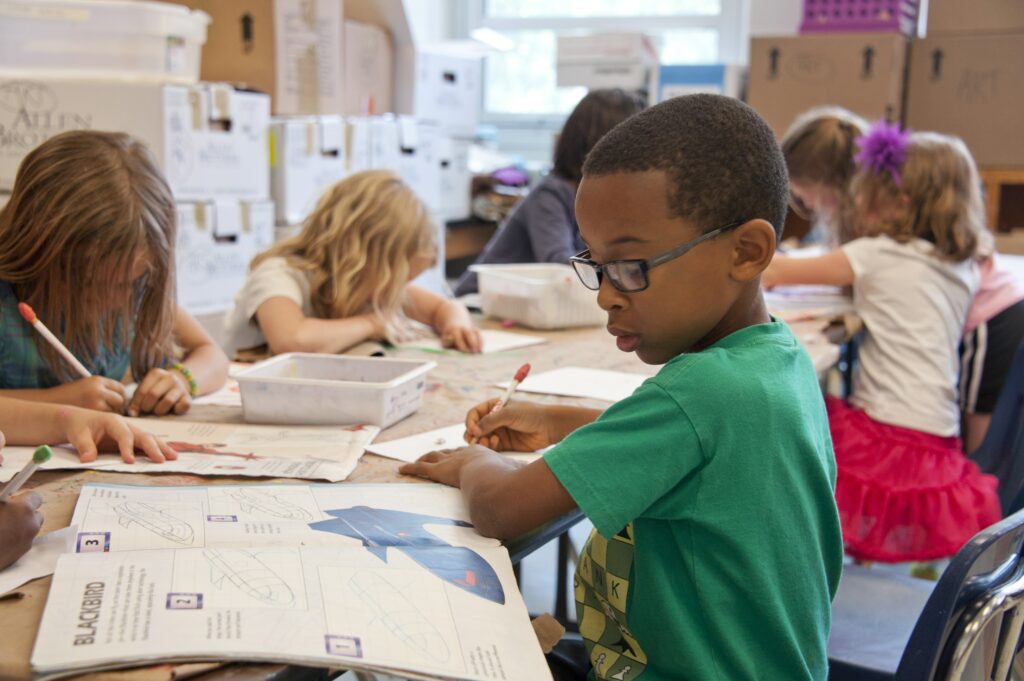When I was a kid, I was taught Critical Race Theory in school. To be fair, no one was calling it that at the time and especially not in non-academic spaces. And yet looking back, it becomes obvious to me that there were three different approaches by my social studies teachers in dealing with race in history, and that these existed long before CRT was given its name.
So, I want to talk about how these experiences affected me as a child, and most importantly the pros and cons of each style of instruction. As I’ve gotten older, I’ve learned to appreciate certain instructors more than others.
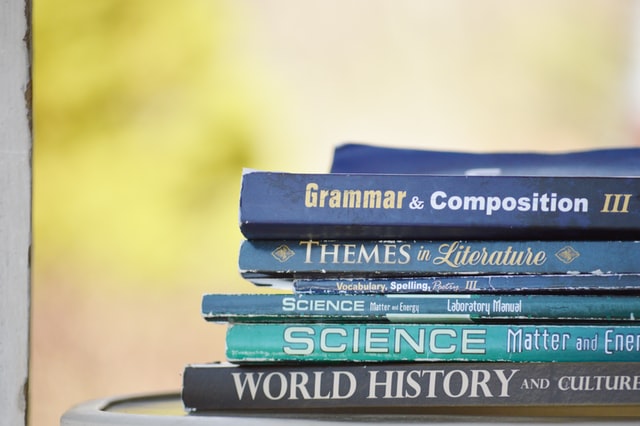
Photo by Clarissa Watson on Unsplash
Additionally, I think it’s important to talk about race-based education in general, how we got here, and why there’s so much fear around critical race theory today. At the end of this post, I also want to be frank about why this is coming up now. Despite the fact that many instructors have been using similar approaches, impacting their teaching style for many years previously. Critical race theory has been around since the 70s so why is it only entering the public’s eye now?
Three Different Approaches to One Subject
I’ll be frank. I hated history. Why? I’m particularly bad at memorizing dates and names. I also feel disconnected from what was occurring in my reading, versus how I view people to be. I constantly had long Dash, and still have, long Dash questions about why. Why did people do what they did? How did they get there? And how did those choices impact others? Most of the time, my instructors practiced a styled education that I disliked.
We often spent more time doing rote memorization; in fourth grade, we were more often memorizing quotes from famous white men; we didn’t actually spend time talking about who those men were, and what their lives were like. Or, we spent less time doing that. We spent time learning about particular laws but dedicated little time to the context around those laws. It was more about memorizing the date and of the court cases than anything else.
But, I was also a kid in the 90s, and by that point, people had started to attempt to be more racially aware and accurate if they weren’t previously. And yeah, it was this attempt at racially sensitive education that ended up giving me some of the worst impressions of how classrooms and teachers often dealt with race. I don’t remember if I’ve written on Obsidian about the field trip my classmates went on to the underground railroad experience, but whatever you think it was, I can assure you it was significantly worse. Although these instructors talk about race, usually their class followed two forms. Either it was highly isolating of an individual, highlighting them as other to the student body, or it caused my classmates to look at that classmate differently.
Interestingly enough, these classes never caused them to look at themselves differently. And I’ll talk more about this later.
Why this matters
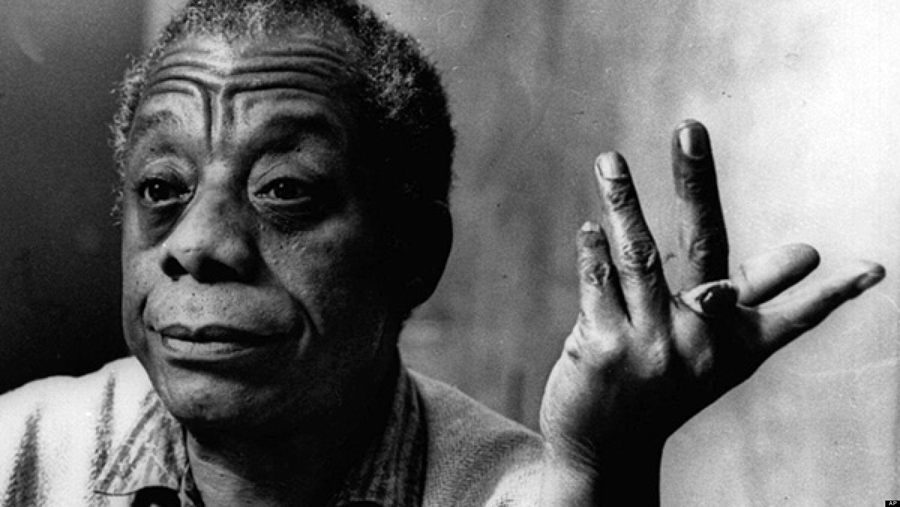
Most of my public school education, I felt like I only learned about our suffering as a culture as people or it was pretty much ignored except for very particular time periods of the year. In those times it will be highlighted in a superficial way that didn’t particularly feel connected my experiences. As long as my people have been integrated into my schools, this has been a typical schooling situation. One thing I continually find myself desiring to understand is why all of these good intentions keep failing.
So, a small project over the last few years for me has been looking critically my education. Why did it fail? Why did I hate history so much as a child and yeah that’s basically all I do as an adult? I read about history and contextualize it into today’s context, so why was I so desperately against it as a kid? Most importantly, why wasn’t education accessible to so many people I currently work with. Why do I regularly quote and reflect on certain instructors more so than others? Let’s hold onto that question as we look back at some of the history of the space that education has taken in this country.
Who Controls The Story
One of my favorite quotes is about the idea that the victors write the history books. It’s that thought that powers a lot of this site. That if a story is told from the victor’s perspective, then — what’s the other story? What is being omitted from “history”? In the case of race in America, it is white history that wins. History, like most things, isn’t color blind. Education has been an ongoing battleground for those who control what the youth learn can affect a generation.
In times of progress home learning can hold things back* but ] public schooling is a powerful force.
A recent favorite book is called “Raising Racists”. It talks openly about the experience of being raised in the south during Jim Crow. But interestingly enough, from the white perspective. Think about it, just how much of the history around Jim Crow only talks about the laws or their effects on blacks. Yet it never addresses the cause and impacts. It’s a fascinating read, as I never understood how the children never questioned anything. The author goes over the indoctrination and the power structures under Jim Crow that so many didn’t want to lose.
During the times one couldn’t control what schooling their child received, parents took their kids out on outings, to lynchings, and made them join groups to teach them about the history they wanted preserved along with their superiority. Those who later became activists often had a moment of cognitive dissonance and slipped through the cracks of the system, while most didn’t notice what they were being taught.
In time with the powers of force, fear, and political influence, white adults started rolling back laws, access, and power from the Blacks in their lives. Eventually creating groups to directly control the books and materials students learned from. They rejected anything that didn’t fit their narrative despite being sent history books from the North. This means that generations were raised with incorrect knowledge, and these are the folks in power now.
Civil Rights
This is why there was a major part of the civil rights movement centered on school children and education. What the Black Panthers fed young kids, schools and universities became areas of conflict. Desegregation became important as was what students were being taught and how they were, or weren’t, encouraged. This is why I personally don’t believe that isolation was the correct choice for the Black community. It is integration that really allowed for white children to see the humanity of their Black peers.
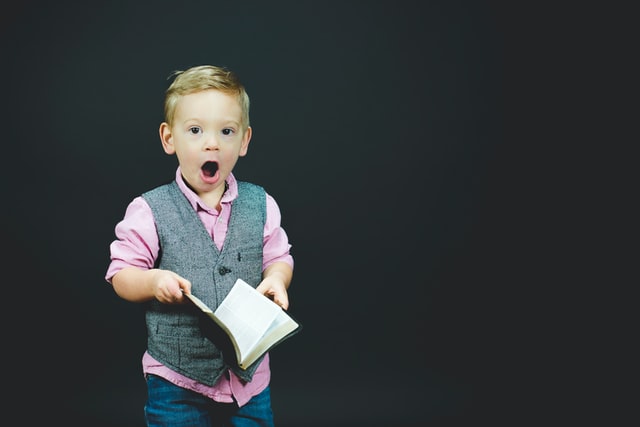
These were the cracks that allowed more white people to question the status quo. That allowed those people to join the civil rights movement when it properly started. And as we see with BLM today it is only with the weight of white folks behind the movement that change can occur with any real speed.
I’m getting distracted. Why education was such a big talking point continued to be a hot topic long after the movement “ended”? With Black people being able to be in positions of power, policies changed slowly. By the time I was coming up there was still an uneasy coming together of the races. Schools were pretty segregated, through neighborhoods (anyone heard of redlining?) along with church, and many services. It’s not that they didn’t accept you, but often, the care just wasn’t there.
In my area growing up, there was a large discussion around overturning Affirmative Action as it was “unfair” despite the data. It was a very ‘us vs them’ environment. Although some changes happened in the years since civil rights, there were also tons of blind spots and rejection of progress. Or, at least, going through the motions. Add in the shift towards testing that didn’t highlight Black history or culture, we often hardly talked about race. When we did it was stunted, awkward, and often ignorant.
CRT at Home
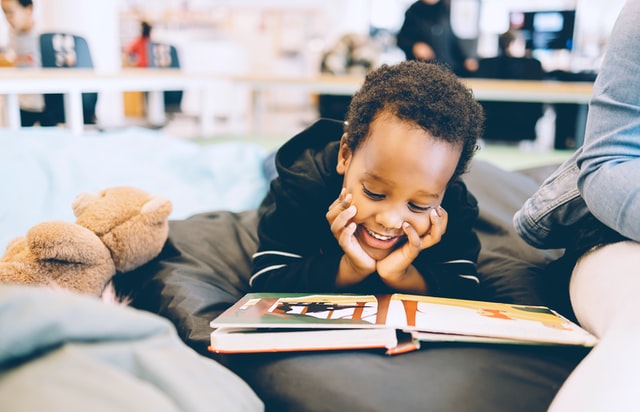
Because of the poor way that race is typically handled in public school life in America many Black parents take it upon themselves to teach their children. Or get them access to Black instructors to teach them about our culture and history separately. My primary instructor in black excellence was my stepfather at the time. They were books to read, movies to watch, and discussions to be had on a regular basis. Additionally, he was forceful about his opinions. At the time me and my friends said that he was racist. But notice, I didn’t say he was wrong. I learned a lot through the materials that he gave me for reading, about the history of suffering and our continuing excellence.
A problematic part of those lessons was how we talked about white people. I think I was a little too young to understand what we were arguing about. You can be racist and still be a part of a system. Yet that doesn’t necessarily damn the individual on a whole. Another was him as a person but I don’t have time to discuss that right now.
I resented this part of education. I often felt like I was from a line of people that were considered to be lesser. And there was nothing I could do about it. Additionally, the only thing that could possibly be in my future was more suffering. Or the only way to progress would be to become both more like white people. And be able to play the game.
CRT in School
Rarely I had history instructors who would break away from the “standard” curriculum. It is these instructors (I didn’t realize until later) who were responsible for fostering a love of the untold story in me. Despite spending 80% of my schooling avoiding the topic. Although I had a few teachers like this throughout my schooling, I want to focus on two. One from my standard high school (and I have no idea how he got away with this) and the second from my vocational school. A school where normal classes were considered superfluous by many.
Standard High School Teacher
My standard high school teacher, whose name I can never remember, was a younger white man. Like most of the male teachers he doubled as a couch and in my memory, he was larger than life. Before I got into his class he sent us summer homework. We had to read two or three books out of a large list. Although they weren’t all specifically about race, they really set the tone of the class. I picked books about the Hatfields and McCoy. One called nicked and dimed – about attempting to live on minimum wage. Finally I believe “ Why Are All the Black Kids Sitting Together in the Cafeteria? ”
All three of these books challenged the assumptions we had about life. From a rather conservative area reading about the issues with minimum wage was bizarre and unique. Reading about a feud and how it destroyed both families, went against the importance of honor I wasn’t aware I’d been picking up. The book on race was most obvious to me. But when my class got together a lot of people were upset. While many others didn’t do the readings.
Most of us had been in classes together since elementary and middle school. It was weird seeing them so unsettled. He tested out reading and then we had big discussions about what we learned from these books. We wouldn’t be using just the standard Social Studies book but another one too. It was on our list of things to buy. I remembered looking down at “Lies My Teacher Told Me” feeling a little uneasy as he told us that our education thus far was filled with half-truths, bias, and outright lies.
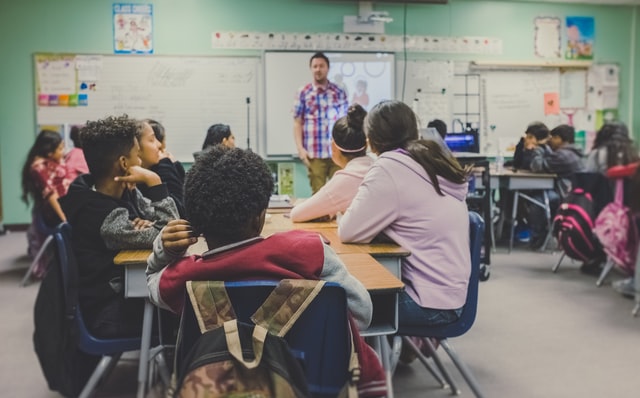
We went over many of the chapters and broke them down and got a more realistic version of history. I remember wondering why we were taught things incorrectly and wasted so much time. Hours upon hours of education all lies. There was many discussions about feeling betrayed by our teachers for hiding this from us.
Although the whole book wasn’t on the syllabus, I ended up reading the whole book. My world turned on its head by the realization that all wasn’t what it seemed. I was notorious for pushing English and social studies instructors to be more clear on the “why’s” and to answer more complicated questions. If they weren’t able to, I’d often finish my work and end up in the library.
There some librarians pushed me towards “urban fiction” and got a rude awakening when I ripped these books and their assumptions apart. But, this teacher wasn’t like that. I remember leaving with my head swimming and listening in on his chats with other students.
Vocational English Classes
I moved to a vocational school for my final two years as I wasn’t allowed to graduate early. It was common practice for our non-vocational classes to be considered unimportant for us. As if because we were moving towards working in trades our need for education was just a formality. I figured if I was still going to be in school, I might as well get as much out of it as possible. I shifted around many of my classes to be with the instructors I liked the vibe of. My favorite was my English teacher.
A sweet and gentle woman, she both understood this trend towards downplaying her class’s importance. Yet, pushed for our engagement anyway. She was one of the most accommodating teachers I ever worked with. She saw her job as getting you to achieve what she knew you to be capable of. Rather than following the rules to a tee. This style extended to the work and readings we got. We read stories from different perspectives.
One was all about the Vietnam War and the return. One about the incarceration of Black men- one who was innocent and yet received the death penalty. Another from the perspective of a young neurodivergent boy, Lastly one mostly set in the Middle East. We read these, plus many more. We not only read these narratives but they were used to start hard conversations and additional readings.
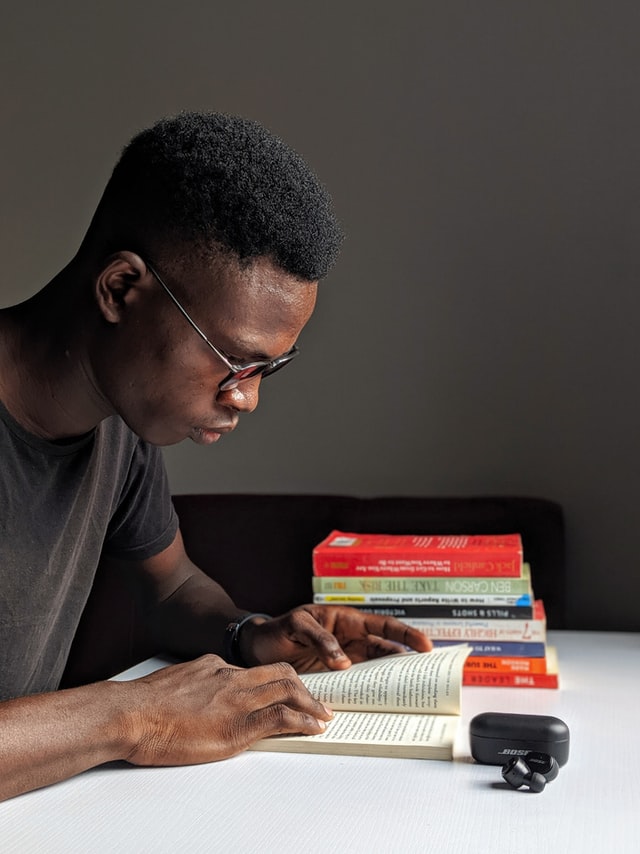
It was the first time I can remember reading multiple books with Black main characters. The idea of race being front and center along with the systems that run the country. It was the first time I’d read books centering Black experiences that wasn’t either trauma porn, “urban” or filled to the brim with stereotypes. Or, more often all of the above. The stories were complex for sure and there wasn’t always a happy ending, but they made you think. In the room of my primarily white and “non academically achieving” (the school’s words not mine), kids from rural areas in Ohio for many this was their first exposure to seeing the system of racism.
Conflicted and confusing feelings often came up in the class as questions. Like “ Do I read Nigga in this book aloud if I’m white”? “What do you mean they weren’t celebrated after returning from the war”? Discussions about interracial relationships, and more were just some of the topics discussed.
We talked about AAVE. Why many Black students are left behind. The problem with standardized tests, Diagnosing mental health in non-white populations all while she guided the conversation. Most importantly, she believed in us to be able to handle these complicated and hard topics. We often chatted during breaks about the readings and what I thought about these works as I often read ahead. These conversations were deeper and often bleed into our government class and social studies classes, meaning that for my little cohort we were having these discussions often.
What I thought
I loved these classes. Sure, they made me sad and uncomfortable, but so did going over the MLK talk every year and everyone making sad eyes at me. Or Rosa Parks again. It was boring and felt like a story that was shared on the playground more than material for class. There were holes in these stories, but I didn’t know these missing parts. For instance, we knew MLK was assassinated but not how hated he was throughout the country. We tread little of the downfall of the panthers, and anything about Malcolm X. We didn’t know how much our government participated in these moments or the war on drugs.
The story I’d been painted most of my life was *look at all this amazing stuff we have done*… ignore the specifics of genocide here, how race impacted this, and why even in integrated schools we all knew which were the white schools and the Black schools…. *But seriously, look at how amazing we are, and by we, we mean white folks!*, and I didn’t question what was being hidden from me.
Through my home learning, I knew there was more to Black history, but I never thought about how these things were the same history. Who else didn’t realize that Woodstock happened and the civil rights movement ended within a year of each other? Add in there the first man landing on the moon. Time seems disjointed in the way it is taught, and there was little in the way of me learning about the causation of any of these events. History shouldn’t be just about facts, but lessons to learn from and to be critically looked at, examining how different humans treated people in the past.
So, Why Now?
If I was taught by some teachers in smalltown Ohio a fuller picture of history, why is this coming up now as a huge debate? In my opinion, it’s two things. 1, BLM, and 2, that Trump lost. Throughout history, we see an increase in trying to criminalize equal rights and movements that disempower white folks, AFTER they lose a significant amount of control. It’s this time that things that were controversial become so and are used to both chip away at progress that is being made and sewing enough questions that when they are in charge in the future it’s easier to just make things policy.
With BLM, a large majority of white Americans and the world joined the protest. But Black Lives Matter was never just about police brutality but instead, about being a second-class citizen in our country. More people today are wanting to get more educated around race and more feel the power slipping from them, their children, and their way of life. White parents have always controlled what their kids do and do not learn about often at the detriment of the kids, and the idea of losing that foothold must be terrifying.

What will parents need to face or consider as their children bring home homework talking about redlining and how their families benefited from the laws their families supported against families like mine? The potential for shame and discomfort is high and since children and women are considered fragile in white culture, “protecting them” from discomfort (which just continues the cycle of white guy power, the protector always has more power than the protected) is a priority.
With Trump out of office, the failed takeover, the far right, the shifting politics of the police, and general awareness around how poorly minorities are being treated, It is becoming less and less acceptable and clearly incorrect to argue that race doesn’t matter. But also that without that power there is no longer as much space and power to promote these ideas, and generally many systems are being looked at critically.
What’s something that everyone cares about? Kids.
The Power of Kid Related Fear
Kids are a great motivator for fear for adults. Most often they are brought up as a tool of stopping change. “What would the children think!”, “that’s inappropriate for children”, “I don’t want them learning about that!” As if knowledge ruins innocence. The threat of ruining children often is a tactic to stop progress and can be seen in contemporary issues like trans bathroom laws, and vaccines, and in the past in why segregation was deemed as a moral imperative and only land-owning white men should vote. A few false facts here, some fear-mongering there and you have enough worried parents that fear change will ultimately harm their children beyond repair. (And in some ways may make them unrecognizable to their parent’s expectations, and therefore outside their control)
These puritanical views of children limit new ideas and are often used to leverage the parents not needing to face their own fears and discomforts. Respect for humans is negotiable IF it’s for the moral good of the (white) children.
With Trump not winning the election and being increasingly seen in poor light, it’s no wonder that people no longer feel as though they are allowed/encouraged to speak racist thoughts and challenge conventions and roll back ideas. So instead, they pose the question as about the children. Trump didn’t lose by a great margin, and even still most who didn’t vote for him didn’t disagree with all he was saying. That’s important to remember. So what is a solid way of continuing that shift with being able to have the benefit of the doubt? Kids.
And if not kids, what ELSE is happening is the real question?
Grey, I skimmed this…
Cool. In summary, we have had teachers teaching the ideas that CRT for a while now, and the world has imploded. In fact, for people like me, it’s gotten better! I was one of those kids and I was not scared, but in fact, inspired and made me more curious and engaged because of it. For every story of a fearful parent or a Black kid who comes home crying, there is a large number of untold stories like mine. They go untold partly because they don’t support the narrative and they aren’t exciting. *child went to school and learned accurate history* isn’t a great headline, you know?
If there are issues with this being taught, I’d suggest looking at the teachers and support (or lack thereof) for them teaching history including more than just the white narrative and myths. If the school doesn’t support these shifts, if standardized tests don’t allow for more diverse teaching, if continuing education isn’t accessible and expected by the teacher, of course, this will fail. Brown children feel bad about being brown all the time once they have a specific moment of realizing people like them don’t show up as the hero. Telling them about why without age-appropriate and considered care and compassion will naturally just make the Black students feel alone and lesser and the white students plagued with guilt. Echoing the issues we adults are struggling with now.
If we don’t deal with these issues, they just get passed on to future generations and no amount of pretending it away will stop it from being real. That’s how we got to where we are now. If you didn’t have the type of teaching I did try to consider what would have been different if you knew what you knew now? Look at why the Black kids were always sitting together and there are often less than two Black folks at your major life events? Would it have been different if you had learned at an earlier age, what most Black kids eventually learn, is that the world isn’t fair to minorities? How might you be different? That’s what people are afraid of facing in themselves. So, are you going to pass your guilt on or support the nt generation in being better, kinder, more aware people?
*( home learning being the lessons your parents don’t want you to learn from school and/or the ones you won’t be taught that are deemed important)
This blog is supported by readers like you! Consider supporting it on Patreon.com/obsidiantea or see out support page for more ideas. Tight on cash? Check this out instead!
